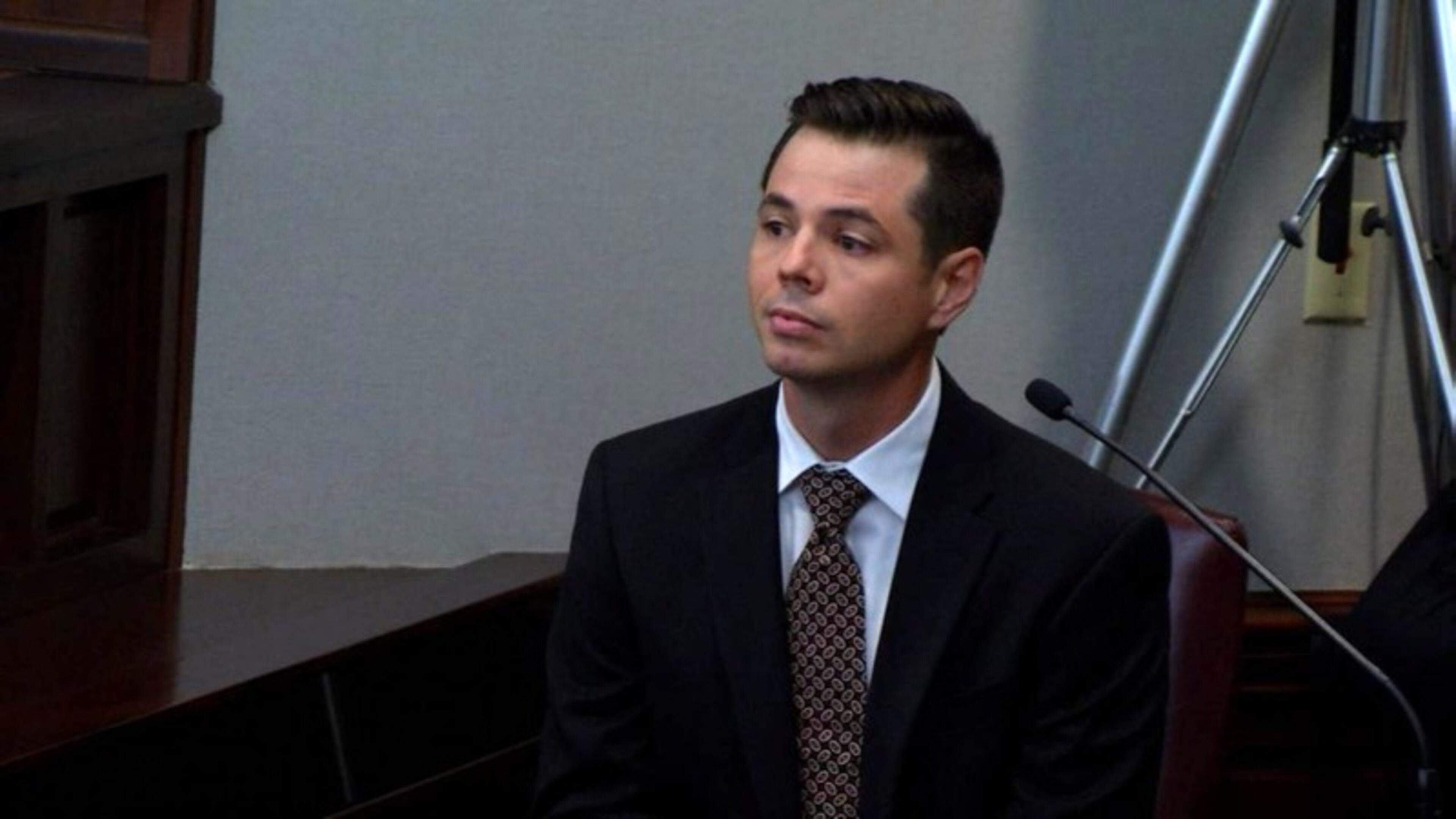Expert says Harris’ lapse not unusual compared to other hot-car cases

An expert on memory and attention testified Thursday that what happened when Ross Harris left his son Cooper in his overheated SUV is not unusual when compared to other hot-car death cases nationwide.
» Hot car death trial live stream: Watch more witnesses defend Harris on the stand.
Gene Brewer, an Arizona State University psychology professor, was called by the defense to try and show jurors why it’s possible for parents to forget their children in their cars because of failures in memory.
“Even under the best situtations, the best circumstances, there’s still going to be failures,” Brewer testified. “And even in cases as tragic as this one, it’s still something that happens. There’s nothing unique about this case as relative to the other cases where this has happened.”
Brewer also qualified his testimony. “I certainly can’t know what Ross was thinking” on the morning of the incident, he said.
Cobb County prosecutors contend that Harris intentionally left his son to die in his office parking lot on a hot day in June 2014. Harris' defense team contends what happened was a horrible mistake.
One common thread in Harris' case is that he more often drove the same route to work when he either ate or picked up food at Chick-fil-A, as he did that morning, and then drove straight to the office. That was "a well-worn path" because Harris rarely drove from Chick-fil-A to take Cooper to daycare, as he was supposed to do that morning, Brewer said.
Brewer said he did not want to trivialize the horror of forgetting a child in a hot car. But he noted there are also cases where surgeons left an instrument inside a patient’s body and cases where pilots forgot to put their landing gear down, causing a fatal crash.
Memory failures can occur during the window of a minute or two, Brewer said. This includes in the amount of time it took Harris to decide whether to take a left turn toward Cooper’s daycare at Little Apron Academy or continue straight on Cumberland Parkway to his work.
“This type of memory failure can happen on the order of seconds,” Brewer said.
Lead prosecutor Chuck Boring challenged Brewer’s assertion that there was “nothing unique” about Harris’ case.
Boring noted that during this case, Harris returned to his car during the middle of the day and tossed light bulbs in his car. He also was exchanging messages with an unknown woman on Whisper and wrote, shortly before putting Cooper in his car seat, “I love my son and all but we both need escapes.”
Brewer acknowledged that he was unaware of anything like that happening in other cases.


